How Does Eating Healthy Affect Your Mental Health?
Did you know that eating healthy affects your mental health in addition to your physical health? The brain consumes about 20% of the total energy input. It requires just about all the nutrients, just like your heart, lungs, muscles.
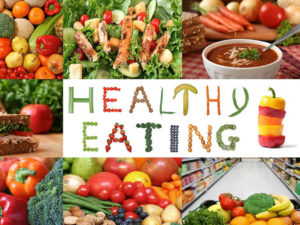
Food is the driver of our bodies. It affects the health of the body. Therefore, caring for nutrition is an important part of our self-control and as such, we need to pay a lot of attention to it. Poor nutrition is one of the risk factors leading to the emergence of numerous chronic diseases, diabetes, cardiovascular diseases, etc. According to numerous studies, it is listed as one of the risk factors in the onset of malignancies.

The connection between mental health and nutrition
In the Middle Ages, people believed that food could affect our mood. If they wanted erotic stimulation, they ate eggs, beef, or pomegranate. When they felt depressed, they would enjoy quinces or hurricanes. Before there were medicines for that, they would settle down with lettuce or teas.
Also, fast foods contain many fatty acids that cause disorders in the body, which can result in depression or anxiety. So, all of these things indicate that there is a link between nutrition and our mental health. Therefore, as we said at the outset, eating healthy is very important.
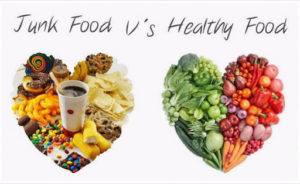
What foods to choose and why?
- Cereals – The brain needs a constant supply of energy. The source of this is glucose. Choose low glycemic index foods that release glucose slowly into the blood. These are whole grain rice, pasta and wholegrain bread.
- Foods rich in omega 3 fatty acids – Bluefish contains a lot of omega-3 fatty acids. You can also find them in linseed oil, olive oil, raisins, pumpkin pits, flax seeds. Many help a person to perceive, think, remember, etc.
- Foods that contain choline – Eggs, chicken, seafood, liver and legumes like lentils, brine, beans, soybeans contain choline, a compound that protects memory loss and is associated with improving other cognitive functions.
- Foods rich in antioxidants – Due to high energy consumption, the brain is exposed to oxidation. The antioxidants that are plentiful in tomatoes, blueberries and broccoli play a major role in mitigating these damage. Of course, we must not forget other fruits and vegetables that are also rich in antioxidants. But also foods like black chocolate, green and yellow tea.
- Magnesium, Vitamin D, Folate – The magnesium mineral helps with everything. Helps with nerve and muscle function. It also promotes heart rate maintenance. This is vital to the relationship with the mood of the food.
Vitamin D helps in the production of serotonin. We usually get this type of vitamin from sun exposure.
Folate – this type of vitamin B helps in the production of dopamine. Find it in leafy greens, lentils and canaries.
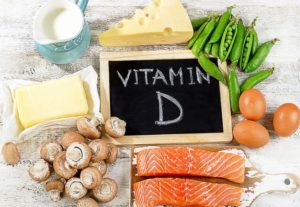
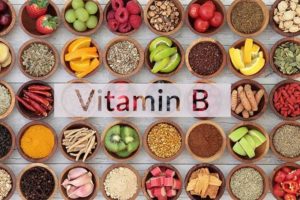
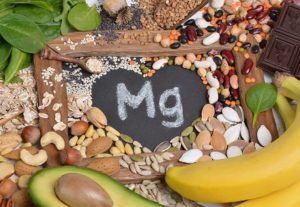
Nutrition to be avoided
A diet rich in calories, sugar, sodium and trans fatty acids (eg fried foods, margarine) is a food that you should avoid because it has a detrimental effect on the brain and can lead to damage. The brain does not like caffeine, alcohol, but it also does not carry out various diets for weight loss. People should use the Mediterranean diet, which is rich in fruits, vegetables, whole grains, fish and monounsaturated fatty acids such as olive oil. Studies show that this type of eating healthy protects the brain.

